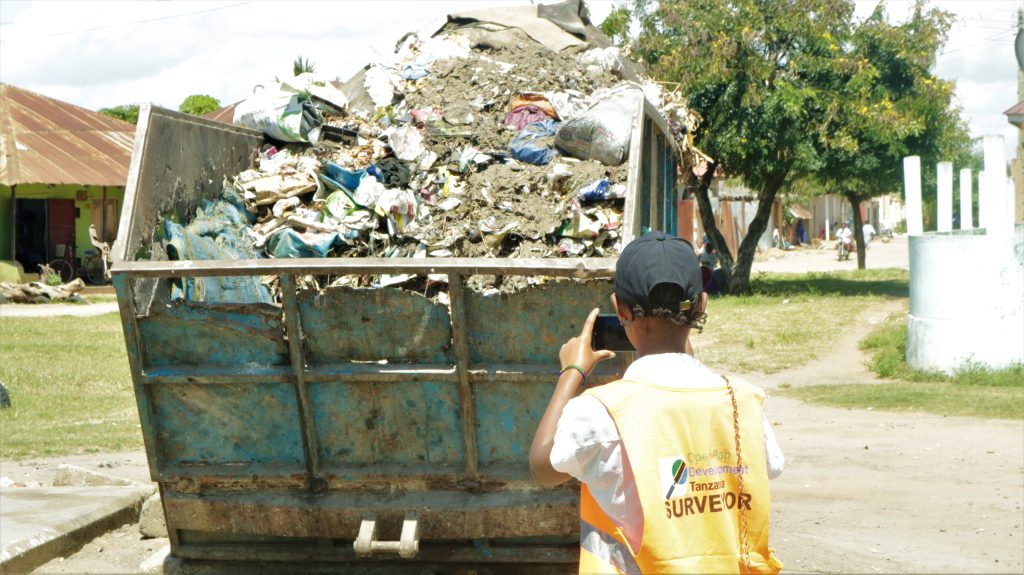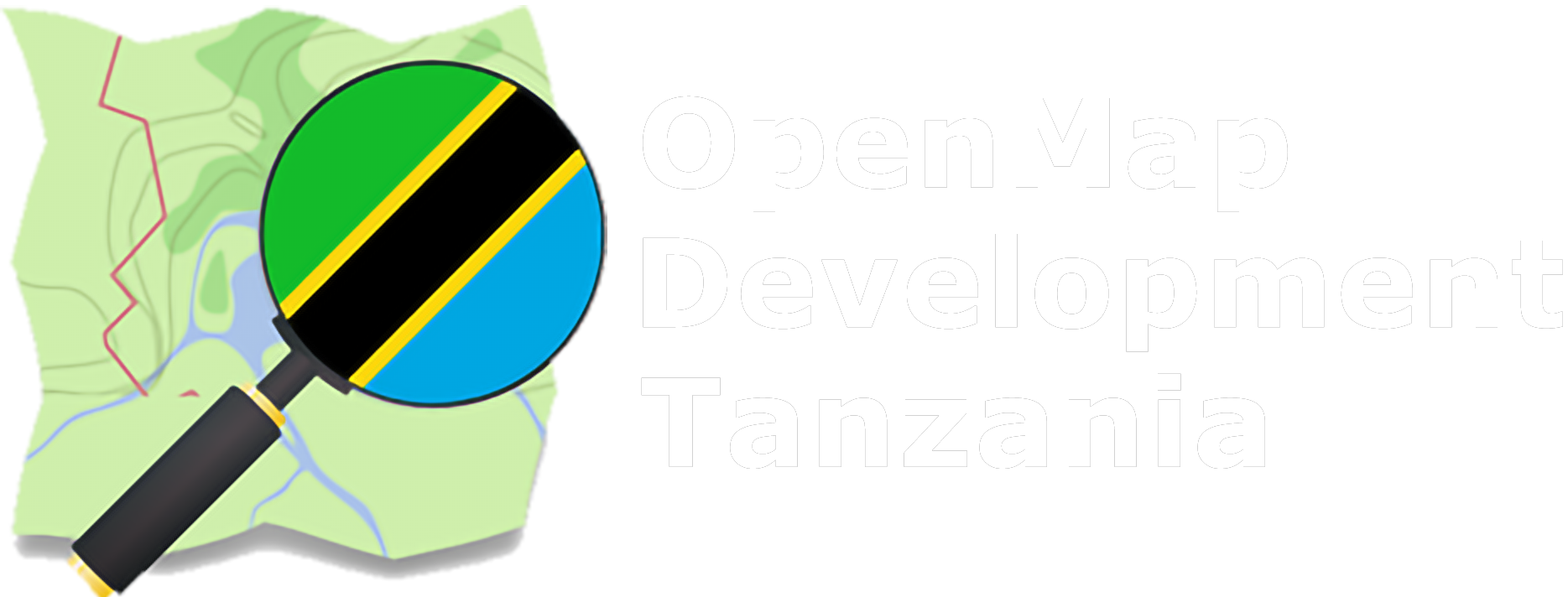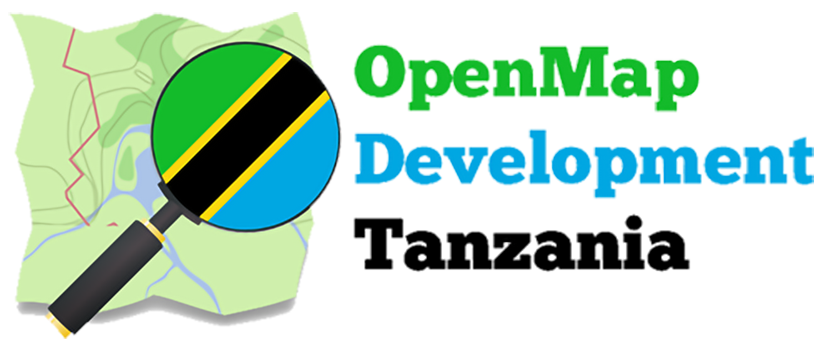
In most developing countries, solid waste is often disposed of in unregulated dumps, openly
burned, and thrown into water bodies. These practices have serious consequences for health, safety, and the environment. Proper solid waste mechanisms are critical for building sustainable and resilient cities, but they remain a challenge in developing countries because they are expensive, and require rigorous planning.
In 2023 geospatial datasets were collected to support strategic advice on solid waste collection, cleaning services, and litter in the Bagamoyo district. The study sought information on existing waste collection methods, community willingness to pay, frequency of waste collection, waste collection points (both formal and informal), sorting awareness, storage methods, and so on. The overall study focuses on community-generated data on litter and solid waste management because it is critical to conducting an assessment and proposing strategic solutions – in the sense that ‘what works in one community may not work in another.”
The field mapping campaign was designed and carried out by OpenMap Development Tanzania, where community mappers were trained to conduct the mapping in Bagamoyo – The mapping resulted in 3841 household surveys, including both households reached and special buildings surveys, the details of which are explained later in the report – the implementation involved 25 community members and 91 trained mappers. The findings from the mapping will be a stepping stone for the government, World Bank, and other partners who work to find solutions in the management of waste in Tanzania to strategically explore local appropriate solutions.
The mapping findings will serve as a stepping stone for the government, World Bank, and other partners working to find solutions for waste management in Tanzania to strategically
explore local appropriate solutions.

